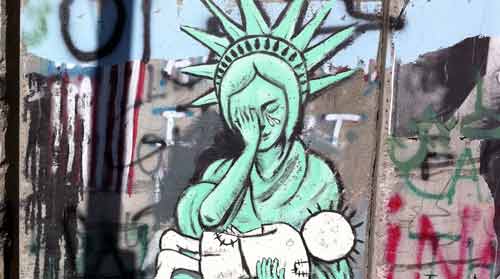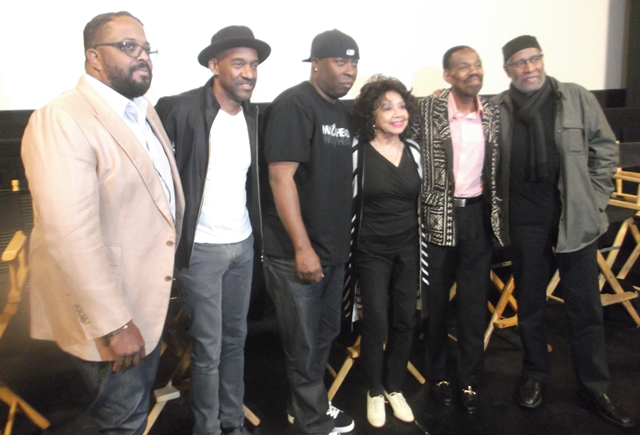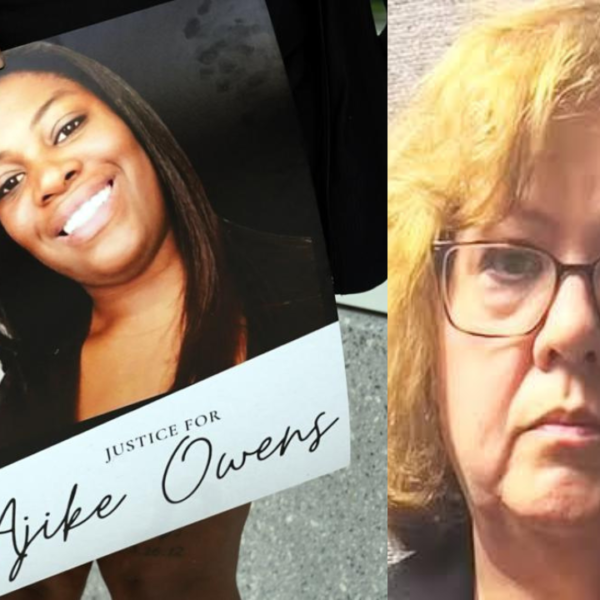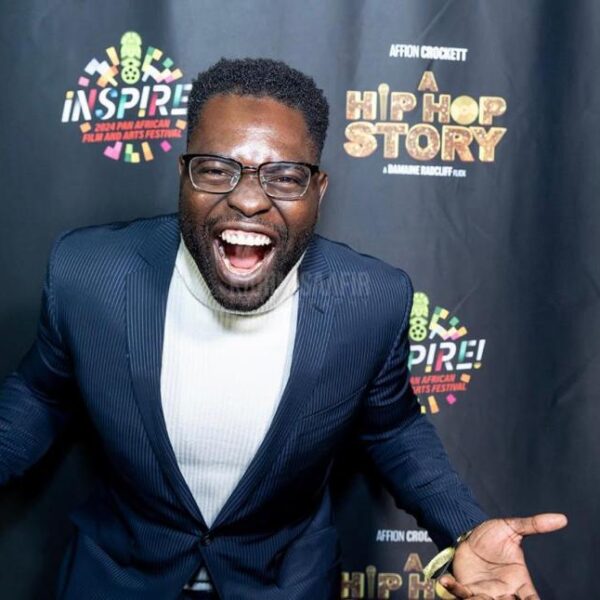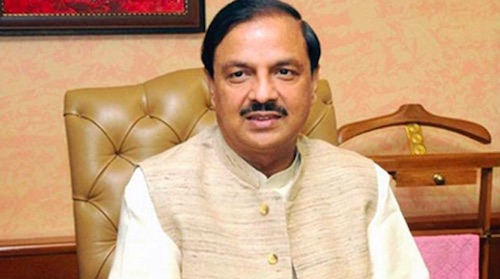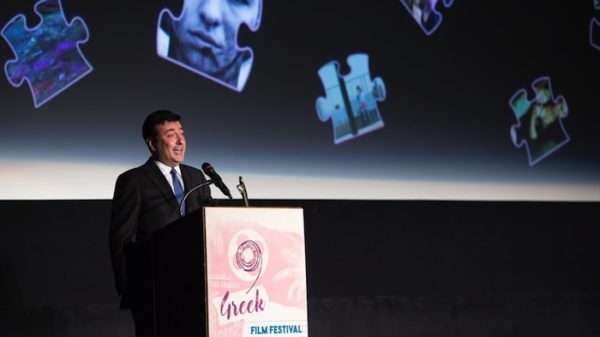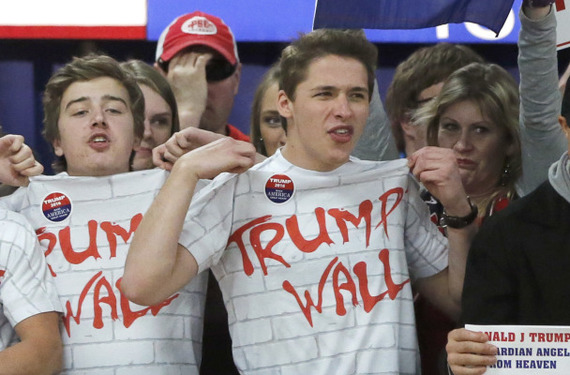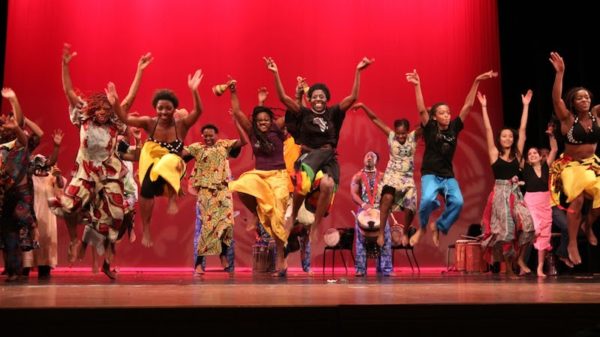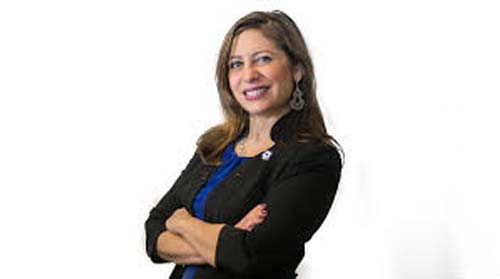Tung Thanh Nguyen, MD, recently resigned along with nine others from President Barack Obama’s Advisory Commission on Asian Americans and Pacific Islanders to protest the new administration’s policies that they claimed have adversely affected Asian Americans and people of color. Nguyen is a professor at the UCSF School of Medicine and the Chair of PIVOT— The Progressive Vietnamese American Organization. NAM editor, Andrew Lam, interviewed him on the occasion of the 75th anniversary of the executive order that led to Japanese American internment camp.
Why did you resign from your post as member of the Advisory Commission on Asian Americans and Pacific Islanders to the President?
As a non-native English speaker, a refugee, a physician, and a researcher, it has been very hard to see the Trump Admininistration’s policies and their effects on immigrants, refugees, health care, and science. I served as Chair of President Barack Obama’s Advisory Commission on Asian Americans and Pacific Islanders (AAPIs) because I wanted to make a difference and help to engage the AAPI communities with the federal government, and to ensure that the government served our communities. Trump’s policies are diametrically opposite of these goals, and as a Commissioner, I felt I had no way to influence these policies. AAPIs have been greatly impacted by government policies that oppress them, as exemplified by the February 19th Day of Remembrance of the 75th anniversary of Executive Order 9066 , which imprisoned 120,000 Japanese Americans for crimes never committed. To continue to serve would make me a collaborator of policies that have similar aims.
Why do feel that you need to speak out on Japanese internment issue?
I am not Japanese American, but I, as many other Asian Americans, Pacific Islanders, and other minorities, know something about places of exclusion and segregation.
For Asian Americans, it is one of the sentinel events of our political movement, along with the Civil Rights era and the resulting Immigration and Nationality Act of 1965, which allowed more than half of the Asian Americans now living in this country to be here. President Franklin Roosevelt, abetted by Congress, the Supreme Court, the Census Bureau, the Army, the California and other state legislatures, then California Attorney General Earl Warren, white farmers, and newspapers including the Los Angeles Times, used the excuse of national security to deprive 120,000 American residents and citizens, including babies, of their human and civil rights. Because they understood that it was against our Constitution to imprison people without trial or evidence of guilt, the authorities called the places they sent Japanese Americans to “concentration camps,” which was soon changed to “internment camps,” for obvious reasons.
The definition of “eligibility” to go to “camp” was 1/16th Japanese ancestry, more stringent than the 1/8th that the Nazis applied to Jews sent to “concentration camps.” The use of the term “camps” did not fool Japanese Americans, as pictures taken by Ansel Adams of the children at the Manzanar “War Relocation Center” in California showed. Nonetheless, young Japanese American men volunteered to fight in World War II and joined the 442nd Infantry Regiment, the most decorated fighting unit in American history. Is it not ironic that no American died from Japanese American terrorism, but many Japanese Americans died for America despite being terrorized by it?
Please describe your refugee experience and how it influenced you?
My family fled Vietnam in 1975 to come to America. If we had not, my father would have been sent to “re-education camps” for the “crimes” of being a Catholic, businessman, and draftee of the losing army. In those camps, 300,000 Vietnamese men endured back-breaking labor, endless propaganda, constant fear and no health care. I imagine that these are the same things that undocumented immigrants and migrant laborers in America go through. Many Vietnamese who escaped the Communist regime languished away for years, even decades, in “refugee camps” in Asia.
When I was young, I lived for 3 months in such a camp, where eating more than once constituted a good day. In refugee camps, one comes to realize the things that make us all the same—wanting enough sustenance, safety, kindness and hope—are so much more important than the things that divide us. This is why I and many other Vietnamese Americans have protested and will continue to do so against the Trump Administration’s travel ban and refugee policies directed against our Afghani, Iraqi, Syrian, and so many other brothers and sisters, and we will continue to fight against the attacks against undocumented AND legal immigrants that are being planned.
Do you think people of color suffer disproportionately more in America’s war on terror?
AAPIs and other minorities know of other names that signify places of segregation and exclusion enforced on us. They include the Native Hawaiian “homestead,” the Asian “Chinatown” and other such “towns,” the Native American “reservation,” and the “ghetto” or the newer euphemism “inner city.” And since 60% of those incarcerated are people of color, we know about “prisons” as well.
Lately, we have heard that we are threatened by terror, as we were in 1942, and that we must understand the economic concerns of white people, which also existed during the Great Depression. As a refugee, I understand the fear of terror and poverty and sympathize with those feelings, even as I was held up at the Los Angeles Airport recently for having a last name “so common” that it made me a security risk, despite having been vetted to serve in the American government. But what must be clear to all Americans is that we, the people of color, have always been forced to pay the price for Americans to have a false sense of security. The question that confronts all Americans now as we put up barriers at the airports and build the wall is whether we are creating a prison for the rest of the world, or for us.
Andrew Lam is an editor at New America Media in San Francisco and the author of “Birds of Paradise Lost,” a collection of stories about Vietnamese refugees in San Francisco, “East Eats West: Writing in Two Hemispheres,” a book of essays on East-West relations, and a memoir, “Perfume Dreams: Reflections on the Vietnamese Diaspora.”

